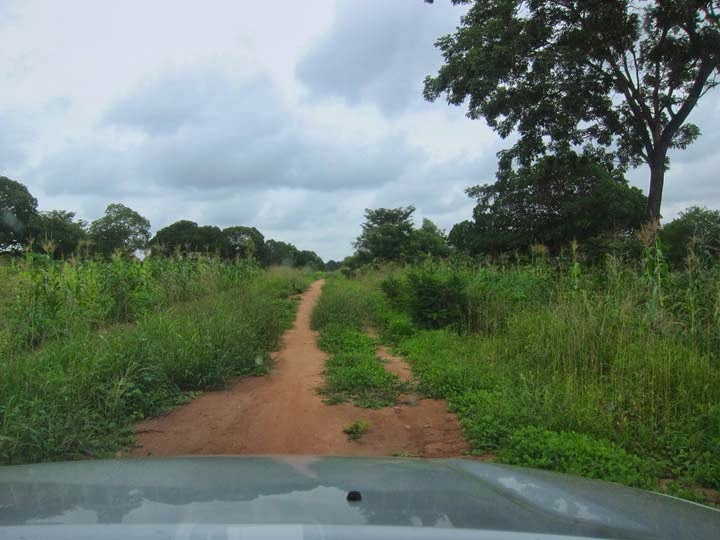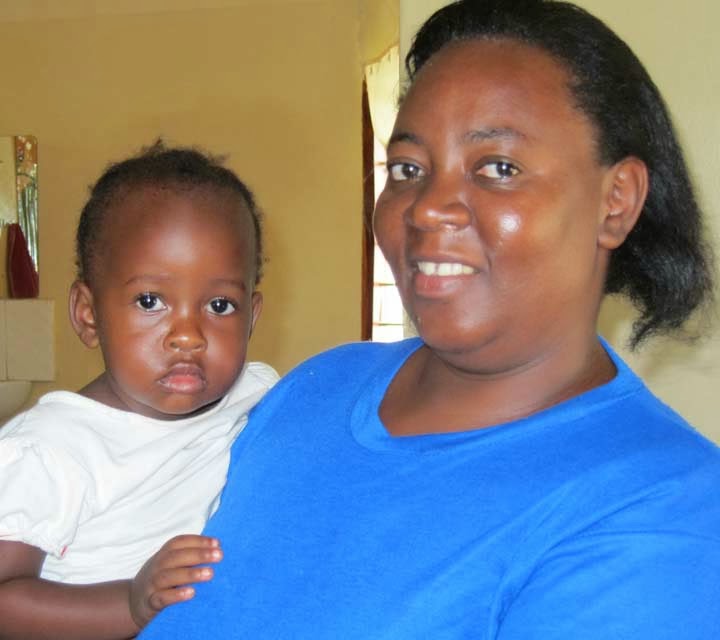Luke 14:23 -- The Parable of the Great Banquet.
Talk about out in the middle of nowhere!
Presently there is no cell phone signal in the areas where the Ndonde people live. Driving south 30 minutes through cashew tree farms and brush, then walking another 30 minutes through cornfields and forest and climbing up to the top of a small rock outcropping will get you a weak cell signal to the outside world. All the local people know the place! Can you imagine!
Reportedly, the population of the Ndonde (N-doe-n-day) is around 12,000 people.
They are concentrated in southeastern Tanzania. As we travel through the eastern areas of Tanzania, it seems the areas south of Dar es Salaam are economically depressed and much less developed than those north of Dar – still, we haven’t been west yet.
The Catholic church has a mission in Kilimarondo village, the heart of the Ndonde people, and there is an Anglican church in another Ndonde village, but it seems that the Ndonde people, are not being reached with the true gospel.
We see great lostness and little effort to reach the Ndonde people who live lives so basic.
One of the challenges will be an ongoing presence among the people. We can not bring hope to people, be used by God to bring forth babes in Christ, and then leave them to fend for themselves. We must have ongoing discipleship to help them grow and mature in their faith.
 |
| Ndonde man of Muslim faith |
Christ said, “Go and make disciples.” This is our mandate. It would be irresponsible of us to evangelize an area and then leave, even for three or four months, without one who will remain and nurture those babes in the faith.
Reaching the Ndonde with the gospel will be a logistical challenge. It will take men and women with a strong calling and commitment to reach the less obtainable, willing to live in a basic mud shelter, sleeping on the floor, using an outhouse and eating extremely basic food.
A continuous presence is essential. Allowing the Ndonde people to observe faith through a holy lifestyle and faithful witness.
*Ask God to prepare the hearts of the Ndonde to receive the faithful witness.
*Pray for ministers of faith whom God is calling even now to live among the Ndonde people.
*Pray protection and strength for Christians who may even now be silent believers in these villages.
God is calling us to go out into the highways and hedges of the world so His house may be full. Are you willing to obey His call?













